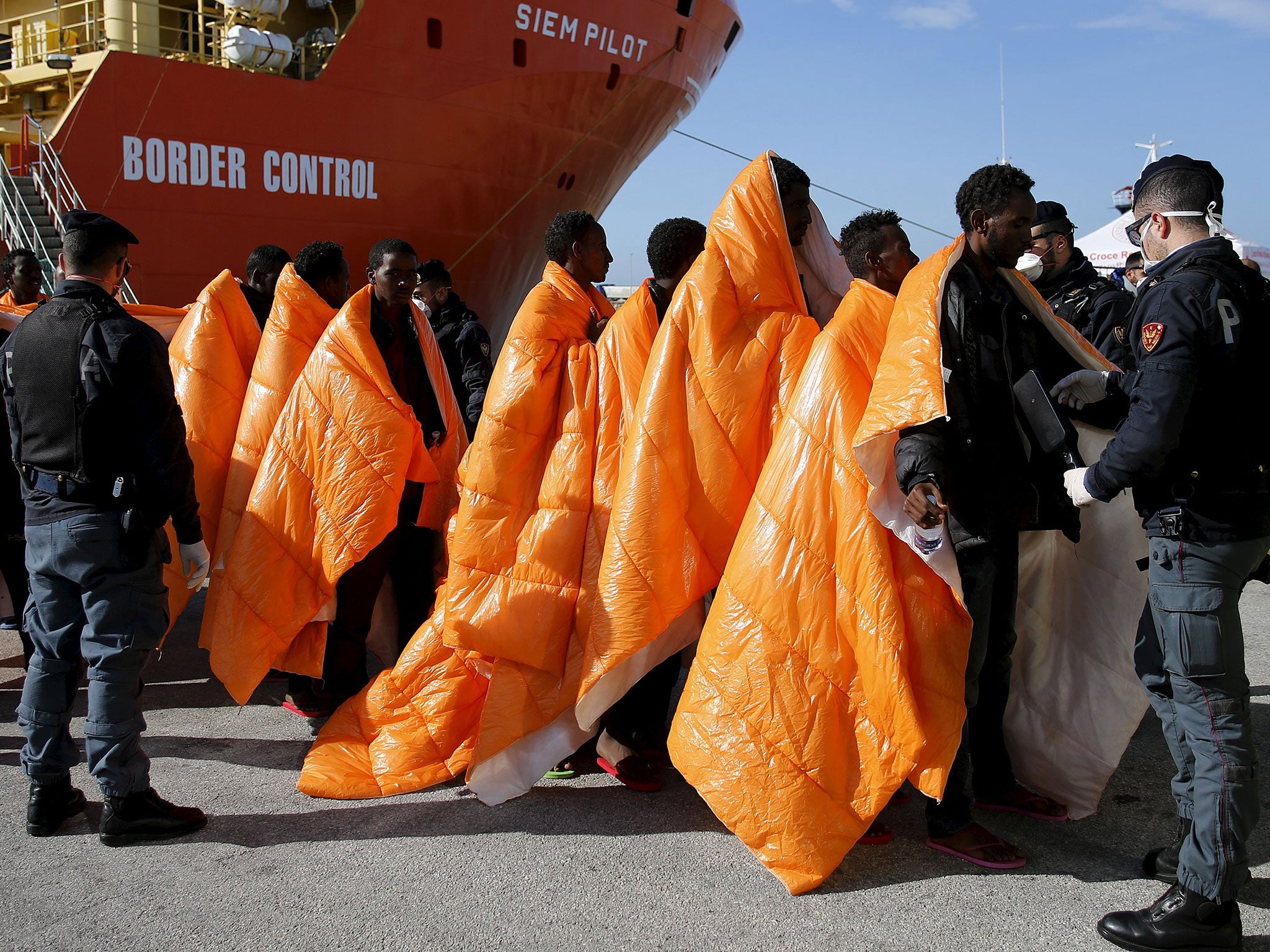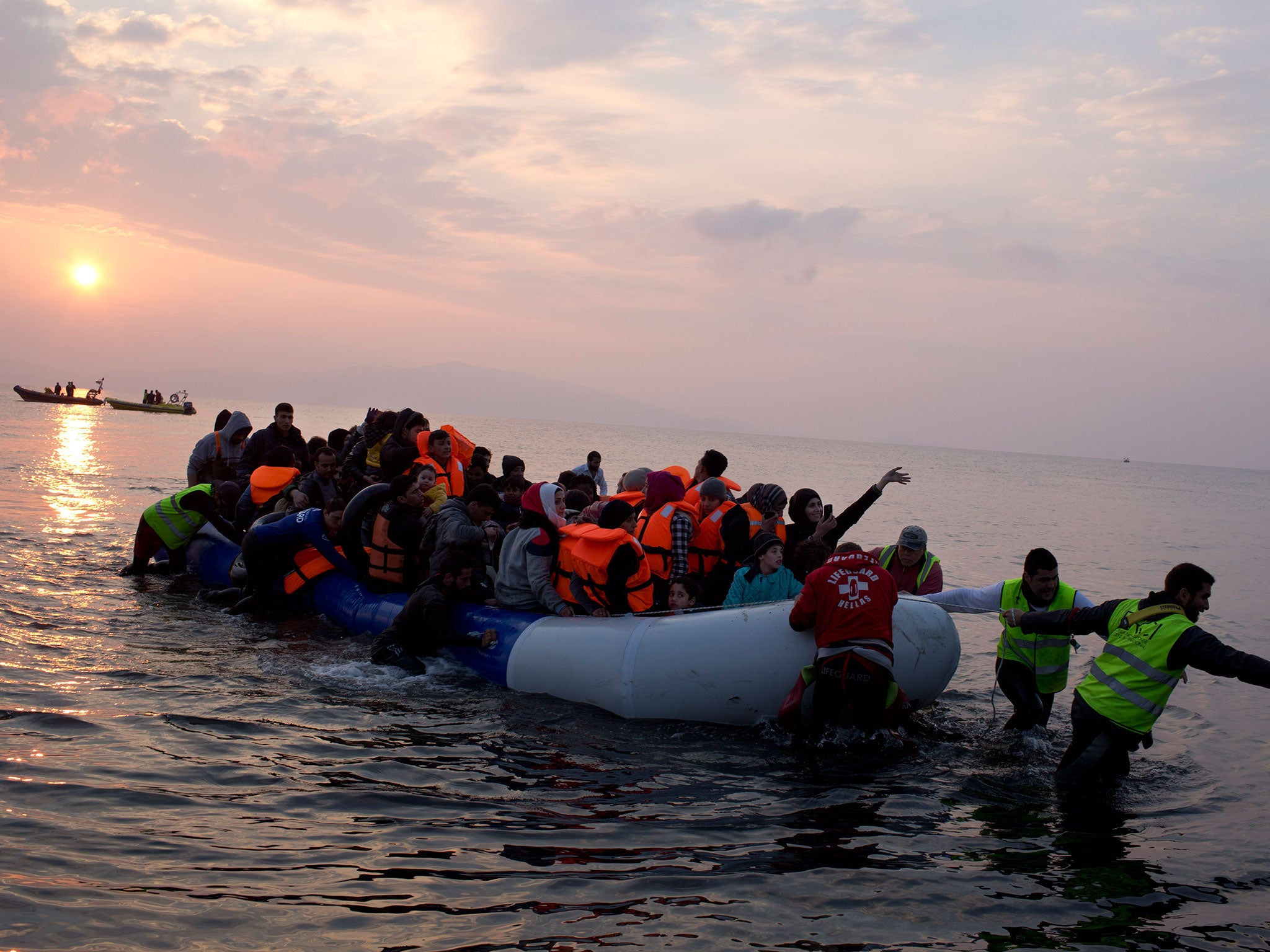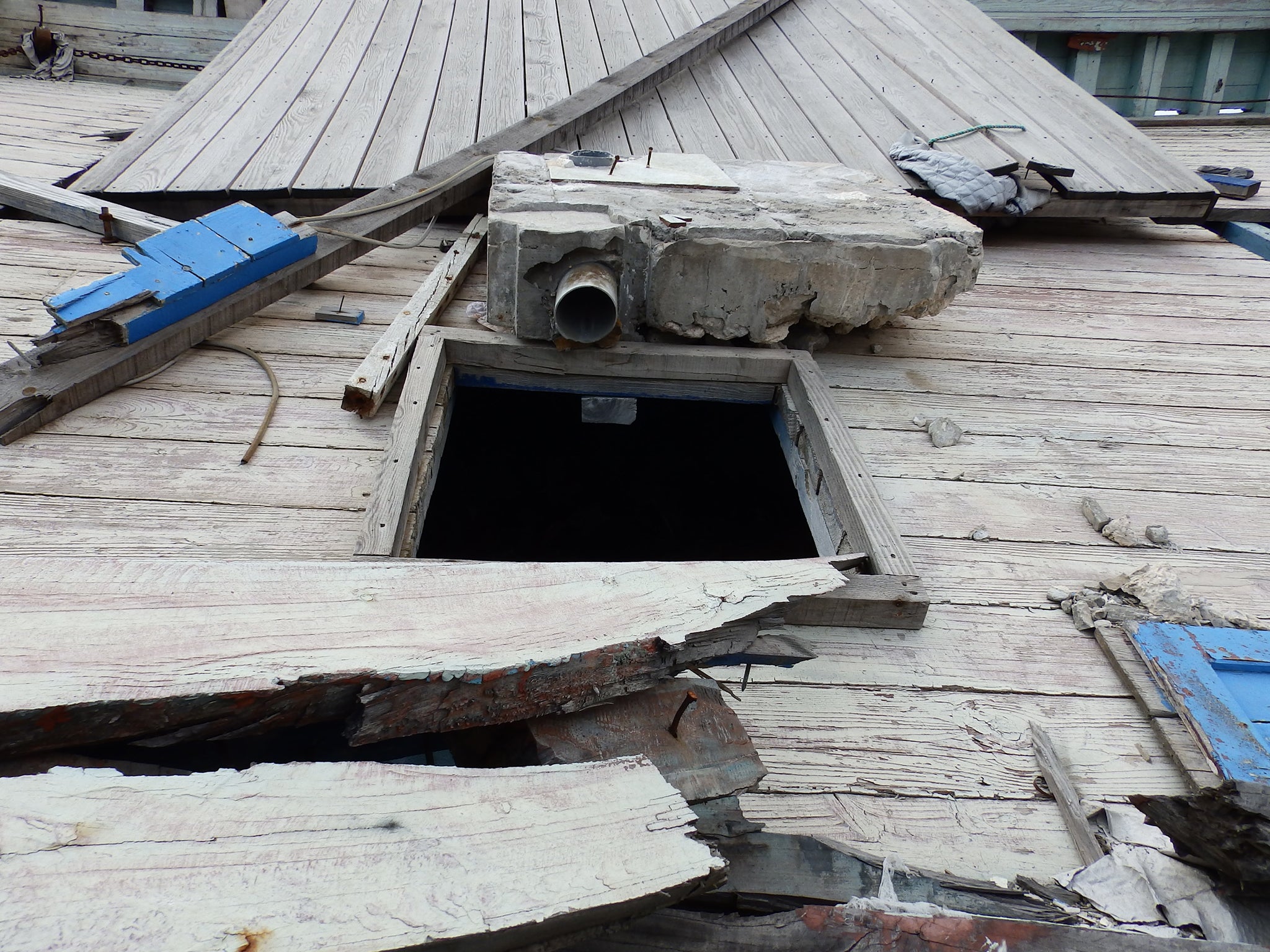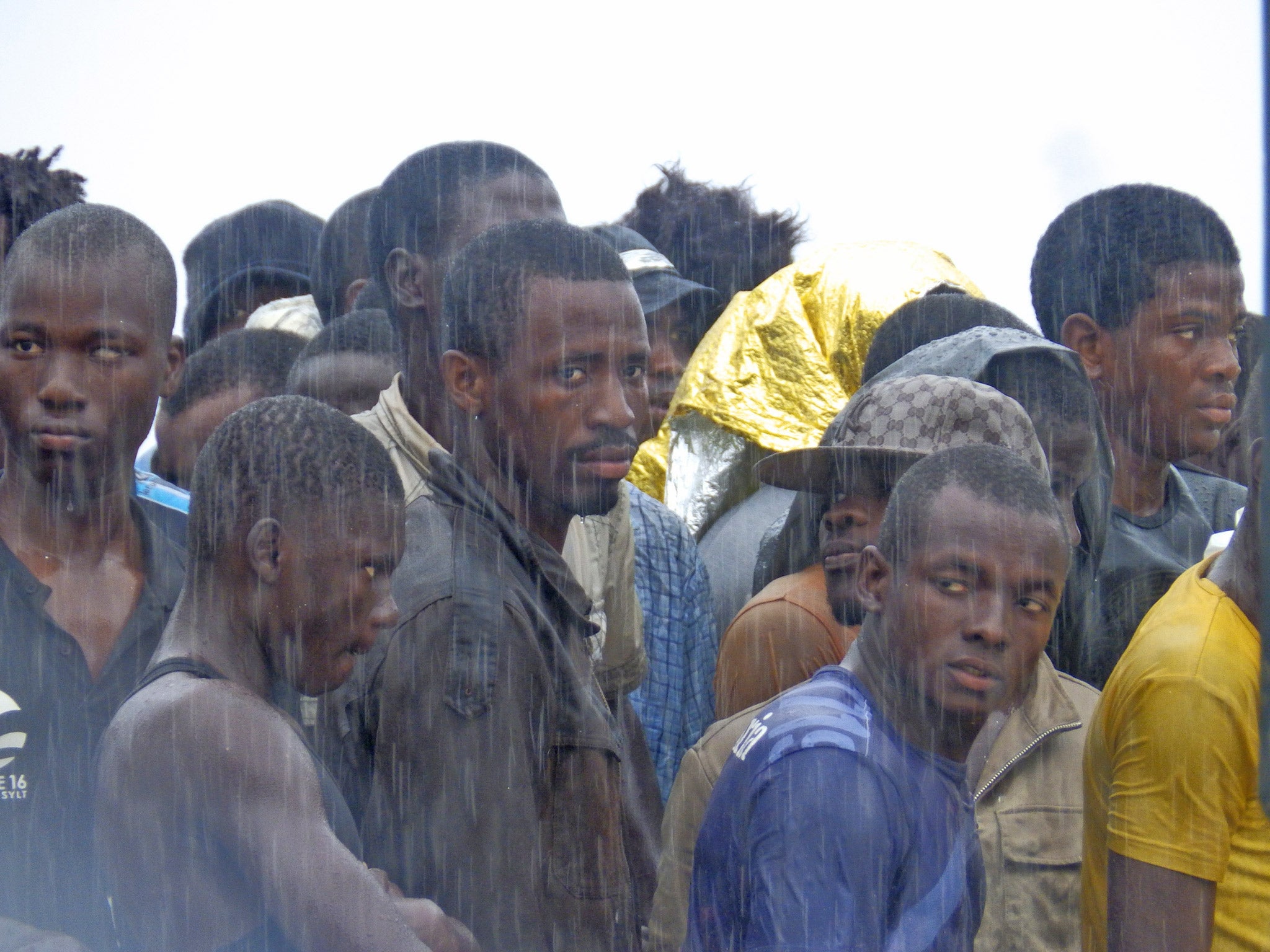Refugee crisis: Arrivals rocket in Italy amid warnings Turkey deal could force migrants on more dangerous routes
More than 16,000 asylum seekers and migrants have arrived in Italy so far this year

Your support helps us to tell the story
From reproductive rights to climate change to Big Tech, The Independent is on the ground when the story is developing. Whether it's investigating the financials of Elon Musk's pro-Trump PAC or producing our latest documentary, 'The A Word', which shines a light on the American women fighting for reproductive rights, we know how important it is to parse out the facts from the messaging.
At such a critical moment in US history, we need reporters on the ground. Your donation allows us to keep sending journalists to speak to both sides of the story.
The Independent is trusted by Americans across the entire political spectrum. And unlike many other quality news outlets, we choose not to lock Americans out of our reporting and analysis with paywalls. We believe quality journalism should be available to everyone, paid for by those who can afford it.
Your support makes all the difference.The number of refugees arriving in Italy is rising sharply amid fears that a controversial deal struck with Turkey could force asylum seekers to take longer and more dangerous routes to Europe.
The Italian interior ministry has documented 16,075 migrants crossing to its shores so far this year, compared to just over 10,000 during the same period in 2015.
Most were rescued from smugglers’ boats off the Libyan coast and brought ashore in Sicily by the coast guard.
More than 1,500 migrants and refugees were taken to safety on Tuesday alone as Italian and European rescue ships launched 11 operations in the Mediterranean.
The dramatic spike in numbers came as hundreds continued to try and reach Greece in inflatable dinghies before Monday, when the agreement between Turkey and the EU will come into effect.
Analysts and human rights organisations had raised fears that measures allowing asylum seekers reaching Greece to be deported back to Turkey would increase treacherous journeys on other routes.
The Overseas Development Institute, which has conducted research on why refugees choose to migrate, warned that the deal is “unlikely to work” to stop the crisis.
Marta Foresti, the think-tank's Director of Governance and Security, said: “Our research shows refugees and migrants do not make the decision to leave their home lightly, are willing to take significant risks and will not be deterred by the policies and restrictions of EU countries.
“Those excluded from the deal will continue to try different, more dangerous routes if the border between Turkey and Greece is shut to them.
“The EU has failed to provide a humane or pragmatic response to the crisis, what is now needed is leadership at the global level.”
The agreement stipulates that migrants reaching Greek islands who are found not to qualify for asylum will be detained and returned to Turkey, as part of a bid to curb flows to Europe and discourage smugglers.
For every Syrian returned, another Syrian in Turkey will be relocated to a European country, but there is no such promise in place for asylum seekers of other nationalities who make up more than half of arrivals.

Millions of euros are being given to Turkey to improve conditions in refugee camps to incentivise families to stay in the country but smugglers are reportedly planning new ways to transport refugees to Europe.
According to the Frankfurter Allgemeine Zeitung, gangs are charging up to €5,000 (£4,000) for voyages in larger cargo and fishing vessels from southern Turkey, around the bottom of Greece and on to Italy.
The newspaper reported that the new trips are due to start in the first week of April, with up to 300 refugees to be crammed on to each ship and ordered to hide below decks until they reach international waters.
Similar arrangements used by Libyan smugglers have killed hundreds of refugees, either by causing them to suffocate in locked holds or leaving them trapped in the event of sinkings.

But as Turkey clamps down and borders main shut throughout Europe, analysts are concerned refugees will take the risk.
Doctors Without Borders (MSF) cautioned that as well as the Central Mediterranean route, crossings between Albania and the Italian region of Apulia could also rise.
Warning of a “domino effect”, a spokesperson said: “Each time a border closes, thousands of people are abruptly halted, stranded in no man’s lands, with little to no humanitarian assistance, and ultimately, forced onto more dangerous routes or into the hands of smugglers.”
Figures from the International Organisation for Migration (IOM) show that while Syrians, Afghans and Iraqis make up the majority of arrivals in Greece, most of those currently landing in Italy are from African nations including Nigeria, Gambia, Senegal and Mali.
Leonard Doyle, from the IOM, said that the rising numbers in Italy could be a result of good weather driving smugglers’ crossings, rather than a shift from the Aegean route.
He said that Middle Eastern families would be unlikely to divert through Libya in order to cross to Italy, as Isis continues gaining territory and gangs roaming unchecked through lawless swathes of the country imprison, extort, torture and rape vulnerable migrants.

“These numbers that we are seeing going across to Italy are not people moving from Turkey,” Mr Doyle added.
“The people coming through are mainly from Sub-Saharan Africa who are less informed and simply do not know or cannot avoid the dangers in Libya.
“The smugglers will try to find different routes but there are only so many ways you can do it.”
The IOM estimates that at least 165 refugees have died attempting to reach Italy so far this year, with another 366 missing in the Aegean pushing the toll over 500.
The treacherous crossing from North Africa to Sicily was the dominant route to Europe as the refugee crisis worsened in the early months of 2015, with more than 1,100 people drowning in a single week in April.
But the deteriorating security situation in Libya and rise of a new smuggling chain over the Aegean and through the Balkans tipped the balance to Greece by June.
Join our commenting forum
Join thought-provoking conversations, follow other Independent readers and see their replies
Comments